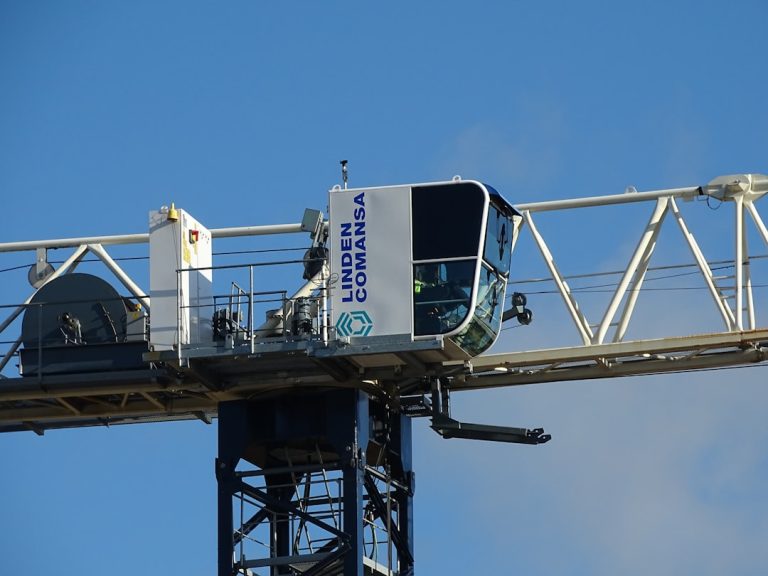alt: SEIS benefits – a person standing on top of a cliff
title: Unlocking SEIS Benefits for Your Startup
Master the SEIS Advance Assurance process to secure vital tax reliefs and benefits for your startup with our comprehensive guide.
Introduction
Navigating the UK startup ecosystem can be challenging, especially when it comes to securing funding. The Seed Enterprise Investment Scheme (SEIS) offers significant SEIS benefits that can attract investors by providing tax reliefs. However, obtaining SEIS Advance Assurance from HMRC is a crucial step to unlock these advantages. This guide will walk you through the essential steps to secure SEIS Advance Assurance, ensuring your startup can fully leverage the available tax benefits.
What is SEIS Advance Assurance?
SEIS Advance Assurance is a provisional confirmation from HMRC that your company is eligible to operate under the SEIS scheme. SEIS aims to encourage investment in early-stage startups by offering investors SEIS benefits such as:
- 50% income tax relief on the amount invested.
- Capital Gains Tax (CGT) relief on profits made from the investment.
Obtaining Advance Assurance provides investors with confidence that their investment qualifies for these tax incentives, making your startup more attractive.
SEIS vs. EIS: Key Differences
While both SEIS and the Enterprise Investment Scheme (EIS) are designed to stimulate investment in UK startups, they cater to different stages and offer varying benefits:
SEIS
- Investment Limit: Up to £150,000.
- Company Stage: Early-stage startups with less than 2 years of trading.
- Employee Limit: Fewer than 25 employees.
- Tax Relief: 50% income tax relief on investments.
EIS
- Investment Limit: Up to £5 million per tax year, with a lifetime limit of £12 million (£20 million for knowledge-intensive companies).
- Company Stage: More established companies with up to 7 years of trading.
- Employee Limit: Fewer than 250 employees (500 for knowledge-intensive companies).
- Tax Relief: 30% income tax relief on investments.
Understanding these differences helps determine which scheme best suits your startup’s needs and growth stage.
Qualifications for SEIS and EIS
To qualify for SEIS or EIS, your startup must meet specific criteria set by HMRC:
SEIS Qualifications
- Trading Stage: Less than 2 years.
- Investment Cap: Maximum of £150,000.
- Employee Count: Fewer than 25.
- Gross Assets: Up to £200,000.
- Location: Permanently established in the UK.
- Use of Funds: Must be spent on a qualifying trade.
EIS Qualifications
- Trading Stage: Less than 7 years (10 years for knowledge-intensive companies).
- Investment Cap: £5 million per tax year, £12 million lifetime (£20 million for knowledge-intensive companies).
- Employee Count: Fewer than 250 (500 for knowledge-intensive companies).
- Gross Assets: Up to £15 million.
- Location: Permanently established in the UK.
- Use of Funds: Must be spent on a qualifying trade.
Ensuring your startup meets these qualifications is essential before applying for Advance Assurance.
How to Obtain SEIS Advance Assurance
Securing SEIS Advance Assurance involves a detailed application process with HMRC. Here are the steps to guide you:
1. Prepare Your Application
Gather all necessary documents, including:
- Business Plan and Financials: Detailed plans outlining how funds will be used.
- Details of Fundraising: Information about your current investment round and prospective investors.
- Memorandum and Articles of Association: Up-to-date corporate documents.
- Register of Members: Current list of shareholders.
2. Submit the Application
Complete the SEIS Advance Assurance application forms and submit them directly to HMRC. The process typically takes 6 to 8 weeks for HMRC to assess your eligibility.
3. Await HMRC Response
HMRC will review your application and provide a provisional assurance if your startup meets the SEIS criteria. This assurance can significantly enhance your appeal to potential investors.
4. Finalize Compliance
Once approved, ensure ongoing compliance with SEIS requirements, such as maintaining proper records and adhering to investment caps.
Why You Need SEIS Advance Assurance
While not legally mandatory, obtaining SEIS Advance Assurance is highly recommended for several reasons:
- Investor Confidence: Provides assurance that your startup qualifies for SEIS, making it more attractive to investors seeking SEIS benefits.
- Competitive Edge: Differentiates your startup from others by showcasing your commitment to leveraging tax incentives.
- Streamlined Fundraising: Facilitates smoother investment rounds by addressing investor concerns upfront.
In the competitive UK startup landscape, SEIS Advance Assurance can be a pivotal factor in your fundraising success.
Conclusion
Navigating the SEIS Advance Assurance process is essential for startups aiming to unlock significant SEIS benefits and attract investors. By understanding the requirements and meticulously preparing your application, you can leverage tax incentives to fuel your startup’s growth. Platforms like Oriel IPO can further streamline this process, connecting you with angel investors and providing valuable resources to maximize your investment opportunities.
Ready to take the next step? Visit Oriel IPO today and unlock the full potential of SEIS benefits for your startup!



